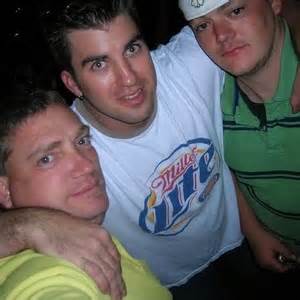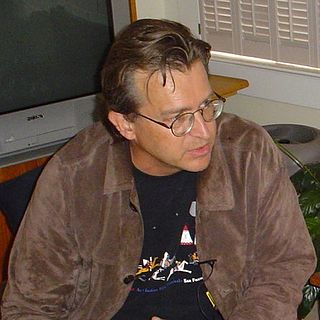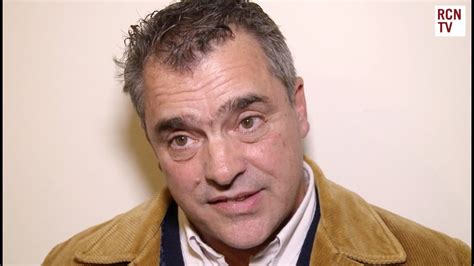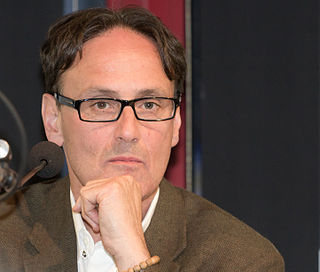A Quote by Michael Scott
A good story is always a journey. It is about taking the journey, the people the hero meets along the way and how they change him or her. All stories are journeys. They don't have to be shocking or outrageous: they simply have to be interesting.
Related Quotes
The anti-hero or hero usually has a journey or quest so they are interesting as you find out what's going to happen, what they are looking for. What are they trying to do? Sometimes what they do is heroic or comes with a price or sacrifice or maybe the way they do things isn't so great and that's when they become anti-heroes. But the journey of an anti-hero combined with a good story done well is always worthwhile.
In some ways, Lotus Eaters is a journey disguised as a party film; there's a circus in the movie, and there are parties, but the real story is of an internal journey. There's themes of emptiness and excess and beauty and grief around it, but it's always surrounded by these glamorous events, and those are ways of waylaying her on her journey in the same way that it is in the ancient Greek story.
The journey of the hero is about the courage to seek the depths; the image of creative rebirth; the eternal cycle of change within us; the uncanny discovery that the seeker is the mystery which the seeker seeks to know. The hero journey is a symbol that binds, in the original sense of the word, two distant ideas, the spiritual quest of the ancients with the modern search for identity, “always the one, shape-shifting yet marvelously constant story that we find.
I write books because I have always been fascinated by stories and language, and because I love thinking about what makes people tick. Writing a story... 'The Giver' or any other... is simply an exploration of the nature of behavior: why people do what they do, how it affects others, how we change and grow, and what decisions we make along the way.
When you do these things, you sort of take the journey. The journey is all about how I can interweave the Oscar Wilde story, the story of Salome, the play itself and what it is, what it contains, and my journey as an actor, as a director, as a filmmaker, as a person struggling with whatever I'm struggling with - my own celebrity, my own life. This is semi-autobiographical in terms of my commitment to this kind of thing.
Real spiritual journey in life is the discovery of self. I think once you take all the religious bullshit away from Jesus Christ, it's saying it's about this journey of discovering who you are, and what's really important in life is simply love. That the journey of civilization, the journey of understanding, is forgiveness, is empathy. And that's what humanity is striving for.






































